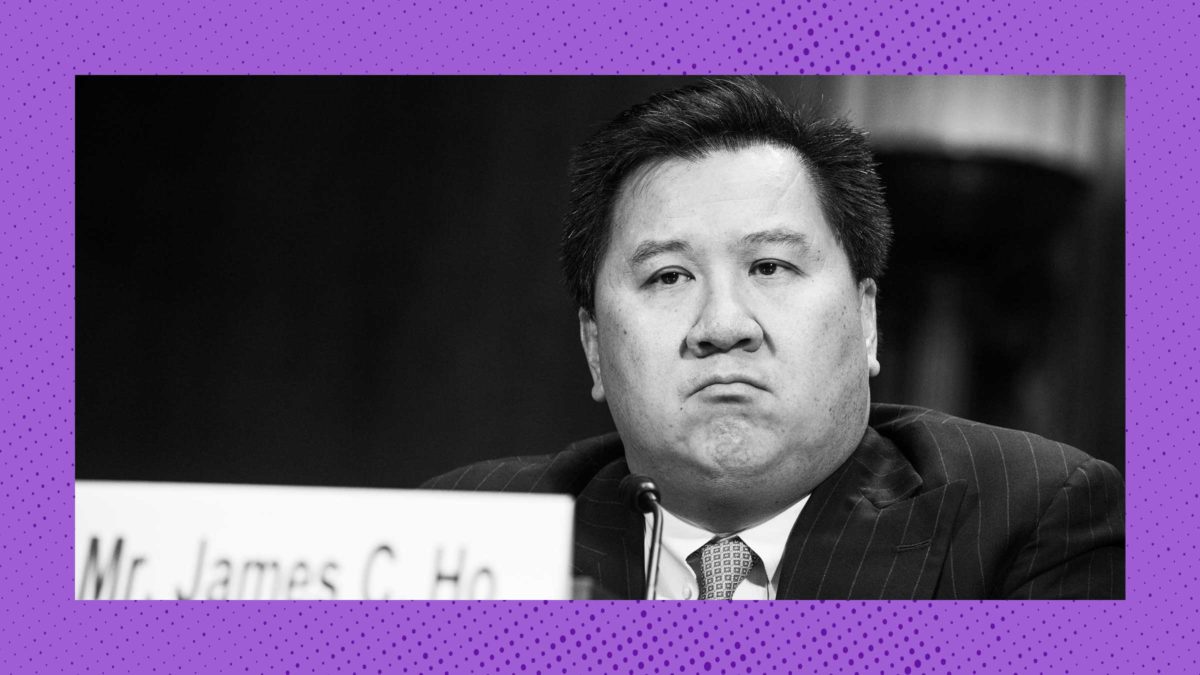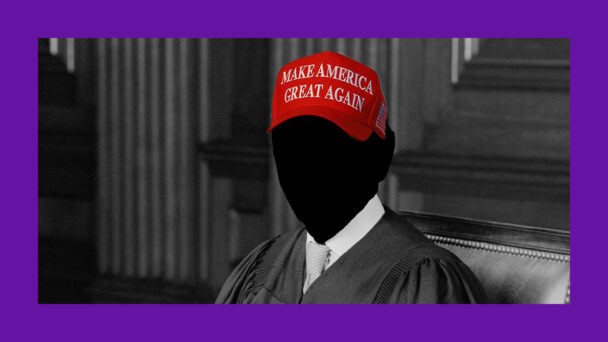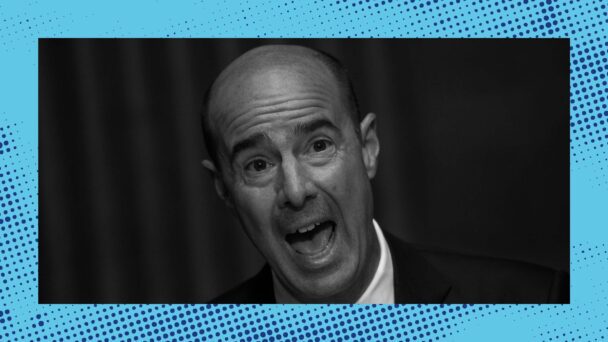Earlier this month, the Federal Trade Commission finalized its “click to cancel” rule, one of those rules that feels so common-sense that it’s annoying to learn that it wasn’t a rule already. Going forward, the agency will require gyms, wireless providers, cable companies, and other subscription- or membership-based businesses to make it “at least as easy” to cancel one’s account as it is to sign up. At last, “forcing people to call obscure phone numbers and beg robot answering services to please, for the love of God, connect them to a living, breathing agent authorized to process their cancellation request” will no longer be a viable strategy for scammy businesses hoping to squeeze customers for a few more monthly payments.
This week, a coalition of industry groups sued to block the rule. To do so, they went where all conservative activist types go these days when confronted with a regulatory burden they really would rather not bear: the Fifth Circuit Court of Appeals, which covers Texas, Louisiana, and Mississippi, and where a small army of Trump-appointed judges is falling over one another to repackage harebrained right-wing legal arguments as binding precedent.
Of all the courtrooms in all the states in all the land, you might be wondering how your least favorite streaming behemoth had the good fortune of ending up in this one. The answer is that its lawyers selected the petitioners very carefully. The Federal Trade Commission Act allows challengers to FTC rules to file in the D.C. Circuit Court of Appeals, or in “the circuit in which such person resides or has his principal place of business.” One petitioner here—the Electronic Security Association, which represents companies that make alarm systems —is headquartered in Dallas. By recruiting this group to headline the challenge, ultrawealthy corporations across the nation guarantee that a ultrawealthy corporation-friendly court will be the one to hear their case.
(Among the lawyers representing ESA here is Allyson Ho, a BigLaw partner whose husband, James, is a sitting Fifth Circuit judge. Federal law mandates that judges recuse from cases in which their spouse represents a party, so even if Ho, one of the Fifth Circuit’s thirstiest culture warriors, were assigned to the panel, her involvement is less a five-alarm legal ethics fire than a grim bit of trivia about just how tight-knit the conservative legal movement can be.)

James and Allyson Ho at his Senate Confirmation hearing, November 2017 (Photo By Tom Williams/CQ Roll Call)
The pro-ripping-you-off coalition is one of many business-adjacent litigants in recent years who understand that the Fifth Circuit offers them a robust homecourt advantage. The gun industry challenge to the Biden administration’s bump stocks rule, Garland v. Cargill, was brought in the name of Michael Cargill, a Texas gun shop owner. He won at the Fifth Circuit and again at the Supreme Court, thus barring the federal government from regulating devices that turn semiautomatic rifles into illegal machine guns. The investment industry brought its challenge to the SEC’s system of administrative adjudication, SEC v. Jarkesy, in the name of a Texas-based hedge fund manager charged with lying to his investors. He, too, won at the Fifth Circuit and again at the Supreme Court, thus making it more difficult for the government to hold finance guys accountable when they feel like doing a little light securities fraud.
The banking and lending industry brought its latest (and most ambitious) challenge to the Consumer Financial Protection Bureau’s existence on behalf of a national organization of payday lenders—and the Consumer Service Alliance of (where else?) Texas. It won at the Fifth Circuit but lost at the Supreme Court, much to the chagrin of predatory lenders who previously enjoyed the legal right to drain the bank accounts of people who cannot afford it.
Earlier this week, the Supreme Court signaled its interest in further greasing the insane-legal-theory-to-Fifth-Circuit pipeline, granting cert in a pair of cases about where challengers to Clean Air Act rules issued by the Environmental Protection Agency must lodge their complaints. Like the Federal Trade Commission Act, the Clean Air Act includes provisions that route many such challenges to the D.C. Circuit. But the D.C. Circuit is currently controlled by Democratic appointees, and industry types do not want to take their chances, and are asking the Court for more flexibility when it comes to choosing a venue. Depending on how the justices resolve these cases, Oklahoma v. EPA and EPA v. Calumet Shreveport Refining, anti-regulation litigants could soon find it much easier to shop for sympathetic judges when the stakes for their pollution-spewing, earth-destroying businesses are highest.
Outside of the justices he confirmed to the Supreme Court, Trump’s overhaul of the Fifth Circuit might be the most significant judiciary-related accomplishment of his presidency. By appointing six of the Fifth Circuit’s 17 judges in just four years, Trump brought its total number of Republican appointees to 12, transforming a reliably conservative court to the thrumming engine of the reactionary judicial counterrevolution. At the district court level, Federalist Society gremlins sitting in single-judge divisions need only the thinnest of connections to the Fifth Circuit to issue sweeping injunctions with nationwide applicability, confident that their ideological allies on the Fifth Circuit will affirm them at best and look the other way at worst.
Even when the Supreme Court overrules the Fifth Circuit, James Ho and his colleagues are still playing their role in the system: By flooding the zone with conservative jurisprudence, they are giving the six Republican justices plenty of opportunities to reshape the law whenever they see fit.
Thanks to a quirk of federal law, though, the challengers to the FTC’s click-to-cancel rule do not even have to bother with going to federal district court judges like Matt Kacsmaryk or Reed O’Connor. Instead, they are headed straight to the appeals court, where, if history is any indication, the question is not whether a three-judge panel will declare the rule unlawful, but how many different opinions they will write to explain their reasoning. What I am saying here is that next time you need to cancel a gym membership, unhelpful chatbots and interminable hold times are probably still going to be part of the process. The Fifth Circuit will make sure of it.






